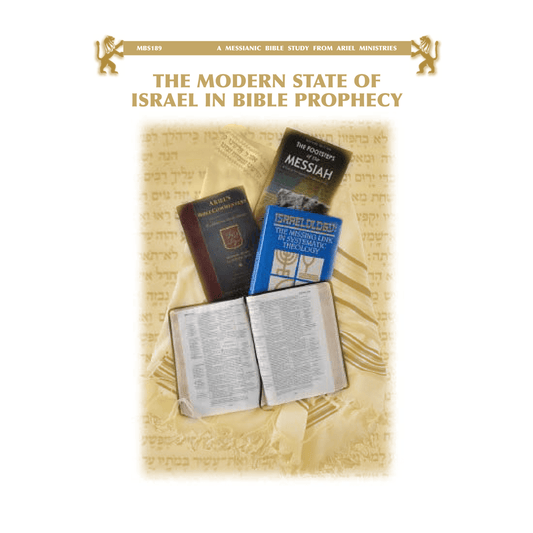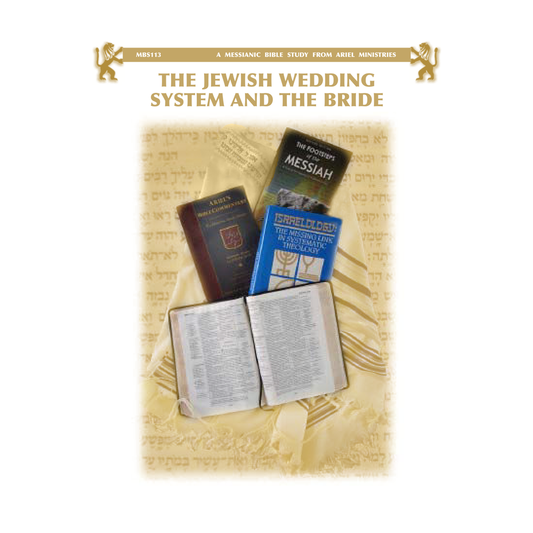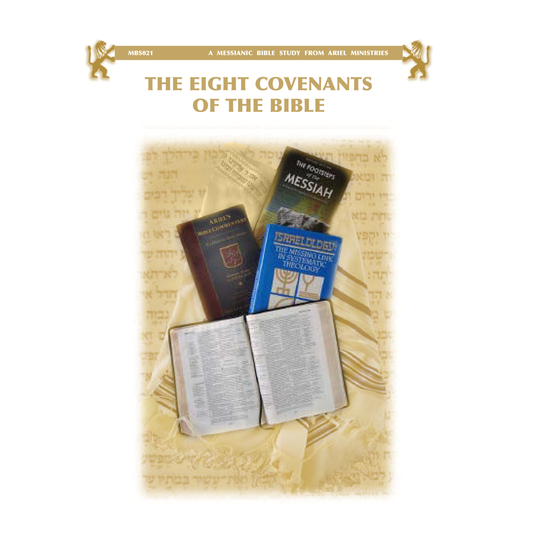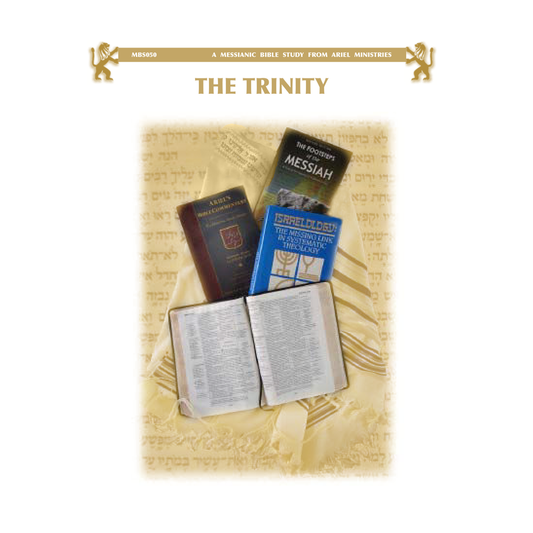Binding and Loosing
The fifth and final statement of Yeshua is made to Peter in Matthew 16:19b: … and whatsoever you shall bind on earth shall be bound in heaven; and whatsoever you shall loose on earth shall be loosed in heaven.
At this point, Peter was given the right to bind and to loose, though later it was given to the other apostles as well. What do the terms “binding” and “loosing” mean? Notice that in this context, it has nothing to do with the binding or the loosing of Satan. From the Jewish frame of reference, the terms “binding” and “loosing” were used in two ways among the rabbis. It was used in a judicial sense and in a legislative sense.
In a legislative sense, to bind meant “to forbid something,” and to loose meant, “to permit something.” The Pharisees took upon themselves this authority. They claimed to have the authority to permit that which the Law may have forbidden and to forbid that which the Law may have permitted.
When it was used in a judicial sense, to bind meant “to punish,” and to loose meant, “to release from punishment.”
What Jesus gave to Peter and later to the other apostles was something unique to apostolic authority. The apostles had the authority to bind and to loose both in the area of legislation and judicial punishment.
First, legislatively the apostles were given the authority to permit and to forbid. This is the authority they exercised throughout their epistles. In the New Testament Epistles, the apostles used apostolic authority to forbid things, which formally were permitted, and to permit things which were formally forbidden. Because they lied to the Holy Spirit, Ananias and Sapphira were bound for punishment by Peter as an example of legislative usage in Acts 5. They were killed because Peter bound them for punishment, using apostolic authority.
This authority to bind and to loose in the area of legislation and judicial punishment was something that came with apostolic authority and was never passed down through apostolic succession. Later generations of the Church had no right to this kind of authority, even though the Roman Catholic Church has often claimed this type of authority for itself. That was not the intent of apostolic authority.
The only place the Church has the right to bind and to loose is not in the area of judicial punishment as far as life and death are concerned, nor in the area of legislation where they have the right to pass new laws which are not found in Scripture. The one area in which the Church has the right to bind and to loose is the area of church discipline (Mat. 18:16–20). In this area, to bind would mean, “to excommunicate” and to loose would mean, “not to excommunicate.”
Excerpt from Dr Arnold Fruchtenbaum:
[MBS043 THE CONFESSION OF PETER: Pg 9-10]





